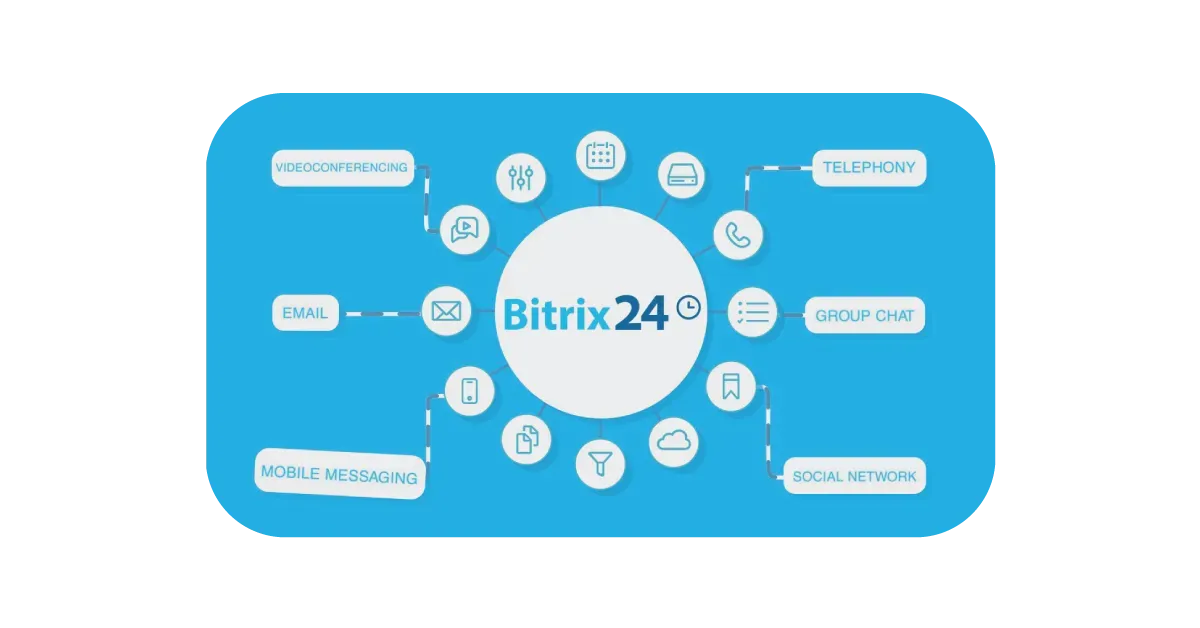Introduction
Are you seeking a streamlined way to turn your AI aspirations into reality in Joget? If yes, you need to implement an intelligent conversational chatbot for fulfilling the business needs
Recent surveys of IBM show that while 83% of IT leaders believe AI will transform their organization, only 14% have implemented the required workflows and processes. This gap reveals how challenging chatbot development can be without the right platform.
This is where the Joget no-code platform shines. With Joget's easy drag-and-drop builder and library of plugins, any company can quickly build and deploy custom chatbots on their own. No complex coding required!
Joget makes it simple to connect your chatbots to existing databases and APIs for personalized, data-driven conversations. You can also automate tasks and trigger custom workflows based on interactions.
Whether you want a customer service bot, virtual assistant, or AI to enhance any process, Joget enables creating and managing enterprise-grade chatbots without developer resources.
Let's explore how Joget empowers you to turn ambitious AI ideas into practical solutions.
What is a Chatbot?
A chatbot is a software application that can simulate human conversation through text or voice interactions.
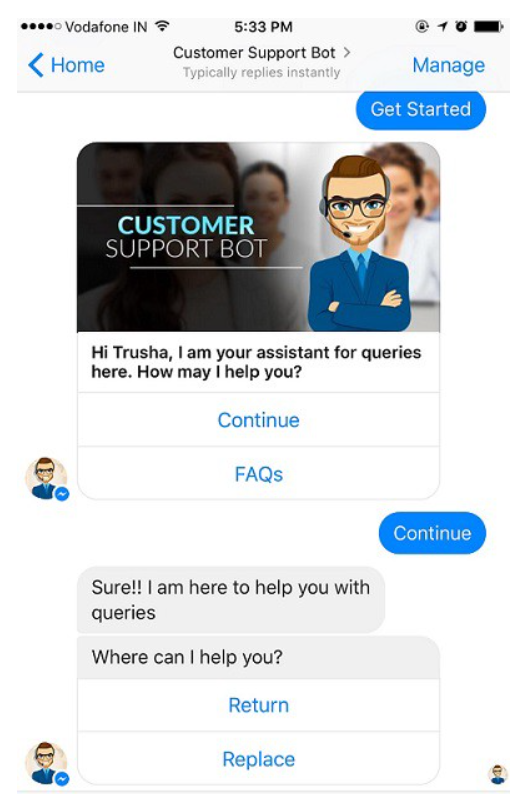
Chatbots are driven by artificial intelligence that allows them to understand natural language requests, determine context, and respond in an intelligent manner.
Chatbots can be integrated into messaging platforms, websites, mobile apps or other interfaces to provide automated assistance to users. The goal is to create natural and productive human-like conversations.
Along with 60+ Integrations BotPenguin offers Chatbot for different platforms such as-
What is Joget?
Joget is an open source low-code application platform that makes it easy for anyone to build web and mobile apps quickly. It uses a drag-and-drop interface with visual modeling so you don't need to code from scratch.
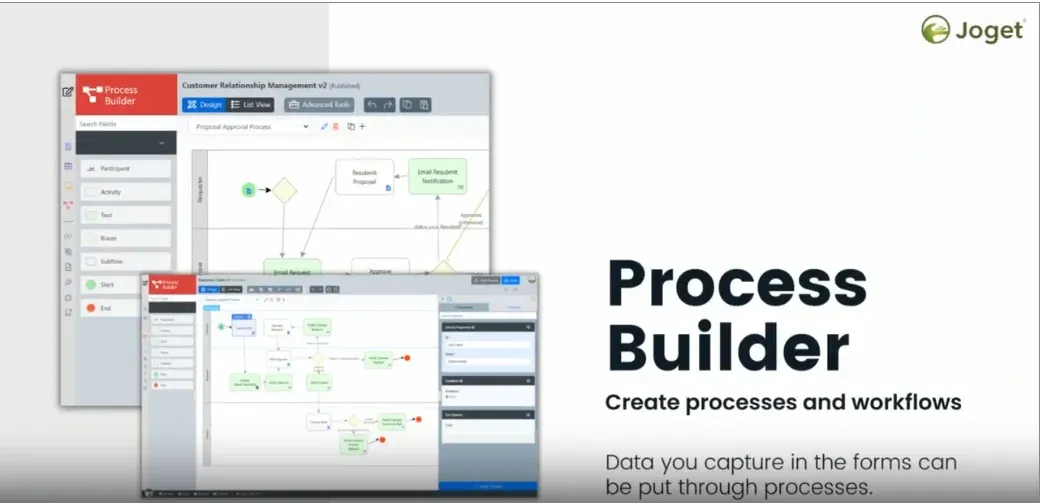
Joget allows rapidly creating apps and workflows for data management, process automation, reporting, and more. It integrates well with databases and supports extensions for expanded functionality.
Joget simplifies app development with a user-friendly, visual approach accessible even to non-coders. It speeds delivery while maintaining flexibility.
Why Should You Be Implementing a Chatbot for Joget?
Here are a few of the most common reasons why you should implement a chatbot for Joget:
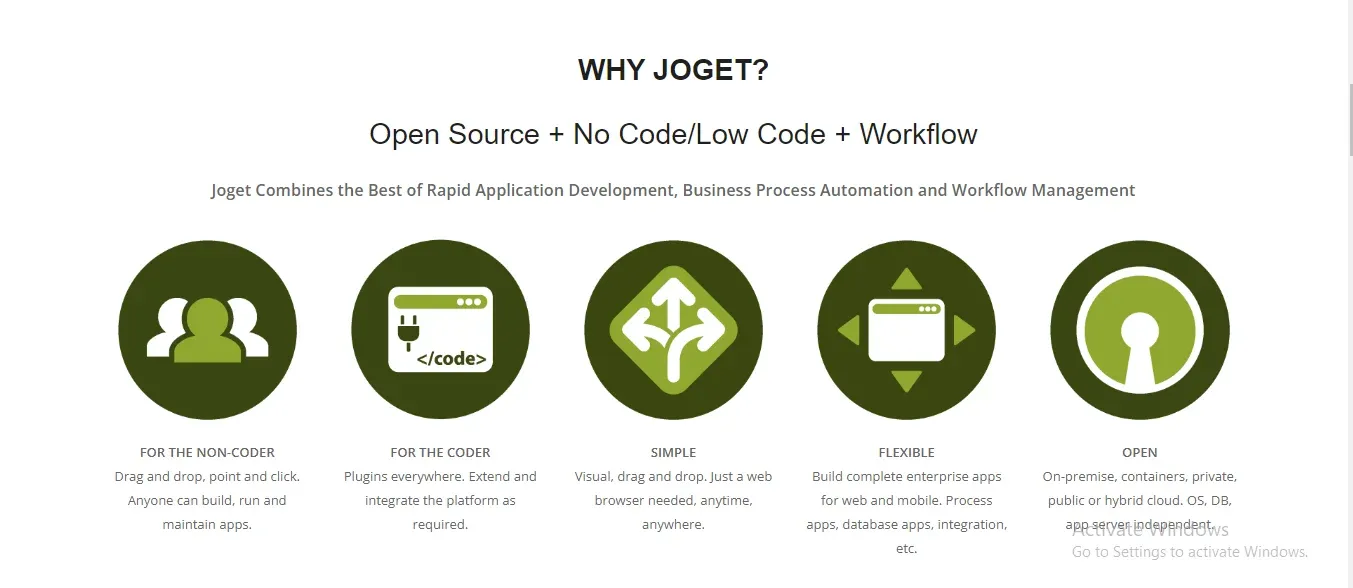
Enhanced User Experience and Engagement
By implementing a chatbot for Joget, you can provide users with a seamless and interactive experience. Chatbots offer instant responses, personalized recommendations, and guidance through complex processes.
Users will feel heard, supported, and engaged, which leads to increased satisfaction and loyalty.
Don't settle for basic chatbots that frustrate users. You can partner with the BotPenguin to delight customers and boost productivity with BotPenguin chatbots on the Joget platform.
Cost Savings and Efficiency Improvements
With Joget chatbot integration, you can automate repetitive tasks. It lessens the need for human intervention and deals with multiple conversations simultaneously.
24/7 Availability and Scalability
Unlike human agents who need breaks and sleep, chatbots are available 24/7. It can cater to your users' needs at any time.
Besides, as the user base grows, chatbots can effortlessly handle increased workload and scale without compromising performance.
Planning the Chatbot Implementation for Joget
Here are some steps you can take to plan the Joget chatbot integration:
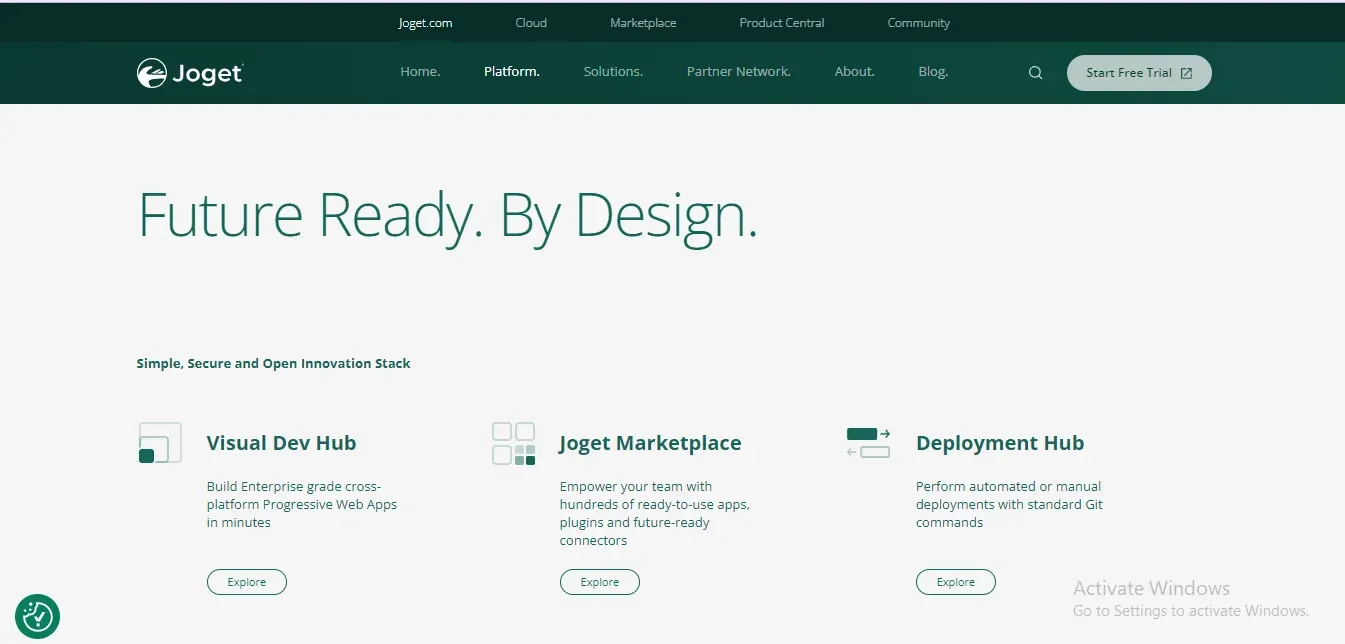
Defining Objectives and Use Cases
Before diving headfirst into Joget chatbot development, clearly define your objectives. Do you want to automate customer support, streamline internal processes, or provide personalized recommendations?
Once you have a clear direction, identify specific use cases where the chatbot can add value.
Understanding User Requirements
Conduct user research, gather feedback, and analyze common pain points and questions. This information will help you shape the chatbot's capabilities and ensure it addresses user concerns efficiently.
Selecting the Right Platform
Choosing the right chatbot platform is crucial for seamless integration with Joget. Evaluate different platforms based on their features, scalability, and compatibility with Joget.
Look for platforms that offer easy-to-use interfaces, robust natural language processing capabilities, and the ability to integrate with Joget's APIs.
Designing the Joget Chatbot
Here are the steps involved in designing a Joget chatbot:
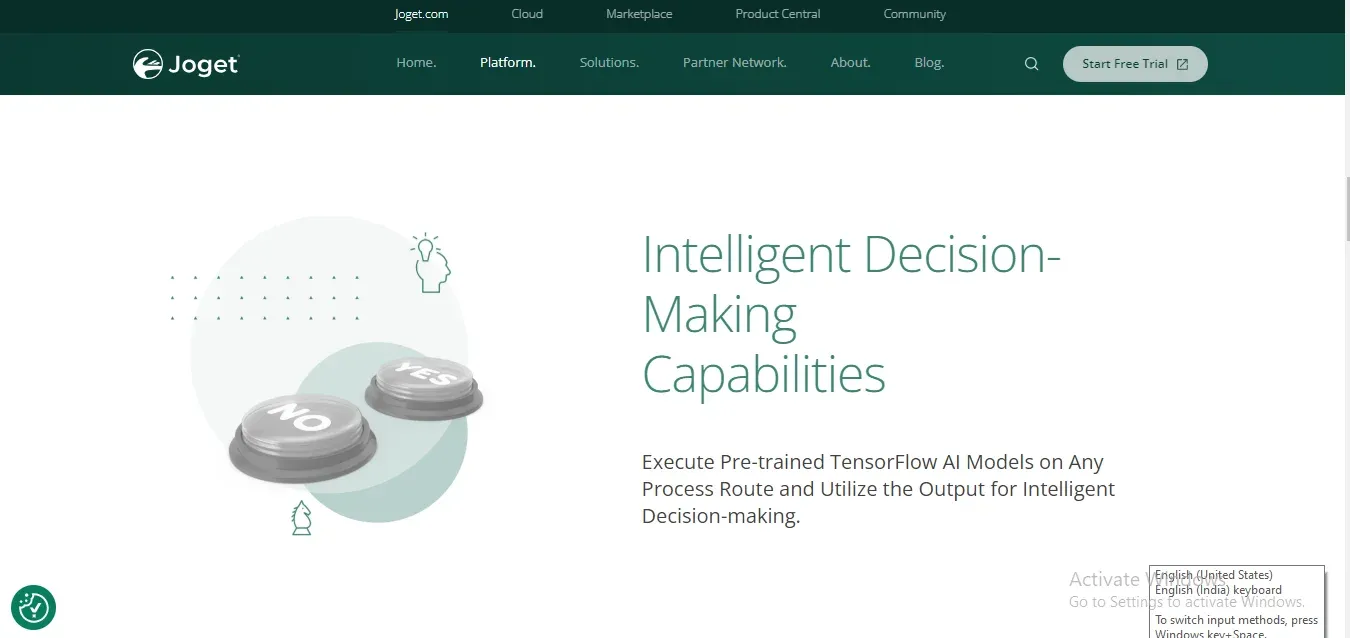
Chatbot User Interface
Use a friendly and relatable tone to establish a conversational atmosphere. Incorporate visuals, such as icons or images, to enhance the user experience and make the chatbot more visually appealing.
Conversation Flow and Scripting
Crafting a smooth and natural conversation flow is crucial for an effective chatbot. Think about the possible user inputs and create response paths accordingly.
Utilize decision trees or flowcharts to map out different scenarios. Then, make sure the chatbot understands and responds appropriately.
Integrating with Joget
Seamless integration between the chatbot and Joget is essential for a cohesive user experience. Identify the necessary APIs and connectors to enable communication between the chatbot and the Joget platform.
Developing and Deploying the Chatbot
Here's how you can develop and deploy the chatbot for Joget:
Joget Chatbot Development
For Joget chatbot development, you can leverage various programming languages and tools. Popular choices include Python, Node.js, or frameworks like Dialogflow or Microsoft Bot Framework.
Use these tools to implement the chatbot's conversational logic, integrate with external APIs if necessary, and handle user inputs and responses.
Testing and Iteration
Conduct extensive testing to ensure that the chatbot responds accurately, handles different user inputs gracefully, and provides relevant and helpful information.
Solicit feedback from users and iterate on the chatbot's design and functionality accordingly.
Deployment and Monitoring
When deploying the chatbot within the Joget platform, ensure it is seamlessly integrated and accessible to users. Monitor the chatbot's performance and usage to identify any potential issues or areas for improvement.
Training the Chatbot
With continual training tuned to real user conversations, the Joget chatbot will deliver increasingly accurate and helpful responses. This can be done by the following methods:
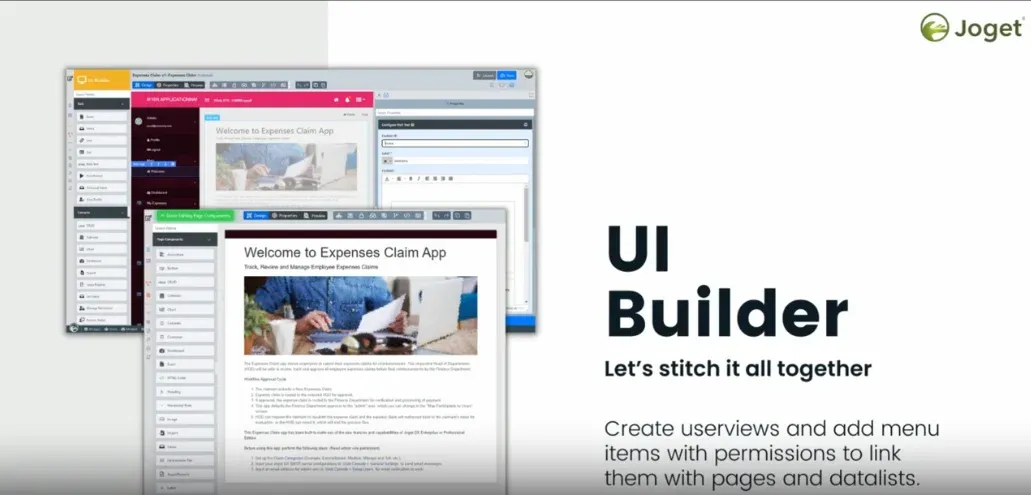
Training Data and Machine Learning
Employ machine learning techniques, like natural language processing (NLP). Feed the chatbot with diverse data to help it understand user intents and context.
Continuous Learning and Feedback
A chatbot should be able to learn and adapt over time. Encourage users to provide feedback on the chatbot's responses and accuracy. Monitor user interactions and analyze the feedback to identify areas for improvement.
Maintaining and Updating the Chatbot
Once your chatbot is deployed, you need to maintain and update it regularly. This includes:
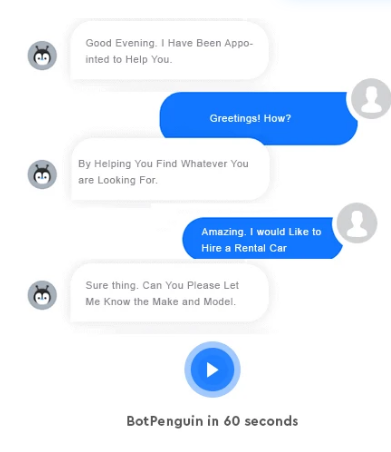
Ongoing Maintenance
Regularly monitor the chatbot's performance and address any technical issues promptly. Regular maintenance ensures that the chatbot remains functional, and up-to-date, and continues to provide a seamless user experience.
Content Updates and Expansion
As your Joget platform evolves, make sure the chatbot's knowledge base aligns with the latest updates and offerings. Update the chatbot with new information, services, or processes to keep it relevant and valuable to users.
Regularly evaluate user queries and interactions to identify new topics or services to add to the chatbot's repertoire, expanding its capabilities and usefulness.
Conclusion
In conclusion, implementing a chatbot for Joget is an easy task with the right guidance.
From the benefits of Joget chatbot integration to delving into the planning, and design of Joget chatbot, this article has it all.
You can also find the development, training, and maintenance aspects of creating a successful chatbot for Joget.
By implementing a chatbot for Joget, you can enhance user experience, improve engagement, and provide round-the-clock support.
With cost savings, increased efficiency, and scalability, a chatbot becomes an invaluable asset for your organization.
Since 74% of internet users prefer using chatbots when looking for answers to simple questions it would be a great idea to consider Joget chatbot integration.
Bring the power of cutting-edge conversational AI to your business in minutes with BotPenguin's chatbots on Joget.
BotPenguin handles training the AI models on your specific data and use cases to deliver exceptionally accurate answers and conversations.
We hope this blog will enable you to make informed decisions about your chatbot project and boost your chances of success!


